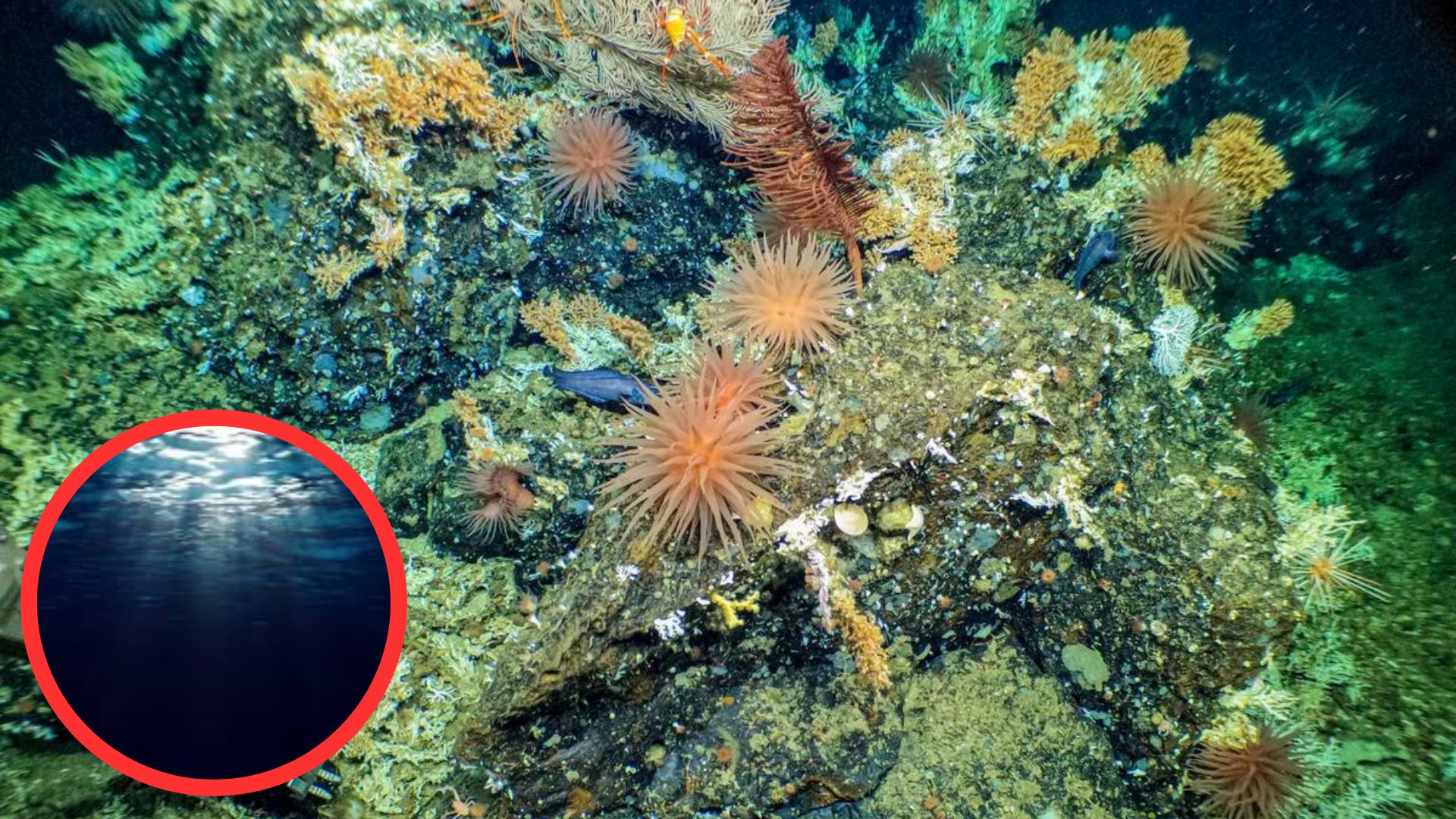It seems that the coral reefs find their way into the news cycle every week, and much of that news is devastating.
In light of worldwide apprehensions regarding the survival of coral reefs in the face of increasing sea temperatures, researchers have made an exciting revelation in an uncharted area of the Galapagos marine reserve. These scientists, employing the aid of a unique human-occupied submersible known as HOV Alvin, ventured to an impressive depth of nearly 2,000 feet. Their extraordinary expedition led them to a vibrant and thriving coral reef.
The revelation is quite astonishing as researchers have characterized the coral reef as being remarkably pristine, devoid of any signs of human-induced harm or pollution.
According to The Guardian, within the Galapagos Deep 2023 initiative, the HOV Alvin submersible accommodated two scientists, Dr. Stuart Banks and Dr. Michelle Taylor, who employed cutting-edge sampling technologies and enhanced visual enhancements, such as ultra-high-definition 4K video systems and upgraded high-resolution still imaging, during their exploration of the underwater realm.
Dr. Taylor expressed, “These coral reefs are in a pristine state and brimming with vibrant life, including pink octopuses, batfish, squat lobsters, and a diverse range of deep-sea fish, sharks, and rays.”
The recently uncovered coral reef appears to be several centuries old, flourishing with an abundance of marine organisms. The reef supports over 50% live coral coverage in numerous regions, providing a thriving habitat for various species.
The identification of this reef holds great importance as scientists previously believed that Wellington Reef, situated along the Darwin Island coastline, was one of the scarce shallow reefs that had managed to survive in the Galapagos Islands following the El Niño event in 1982-83.
El Niño is a cyclical occurrence characterized by altered Pacific Ocean rainfall patterns and elevated sea temperatures.
Situated approximately 600 miles away from the Ecuadorian coast, the waters surrounding the Galapagos Islands harbor an impressive array of almost 3,000 marine plant and animal species.
The remarkable finding of the deep-sea coral reef has instilled scientists with a renewed sense of optimism regarding the resilience and endurance of healthy coral in the face of distressing factors such as rising sea surface temperatures and ocean acidification. Furthermore, this discovery raises promising prospects for the existence of additional deep-water coral reefs that may have yet to be explored.
Banks, who is also a senior marine researcher at the Charles Darwin Foundation, emphasized the global significance of this discovery by stating, “This holds great importance on a global scale, as numerous deep-water systems have suffered degradation.” He further noted that the age of the coral is estimated to be several thousand years old, at the very least, highlighting the long-standing nature of these remarkable ecosystems.
In a recent development, Ecuador expanded the Galapagos marine reserve by an additional 23,166 square miles. This expansion builds upon the existing 138,000 square kilometers of protected area. The purpose of this extension is to safeguard endangered migratory species that traverse between Costa Rica’s Cocos Island and the Galapagos Islands, ensuring their protection and conservation.
The Galapagos Islands, renowned for inspiring Charles Darwin’s theory of evolution, are not only of scientific importance but also serve as a habitat for various iconic species. These include cormorants, albatrosses, and numerous other unique organisms. Regrettably, some of these species face the risk of endangerment, highlighting the need for conservation efforts to preserve their populations and the delicate ecological balance of the islands.
In an interview with The Guardian, José Antonio Dávalos, the environment minister for Ecuador, expressed his satisfaction with the discovery, deeming it “promising news.” He emphasized his unwavering commitment to establishing new marine protected areas in Ecuador, underscoring the importance of conservation efforts and the protection of these valuable ecosystems.
Dr. Taylor further stated that the recently uncovered reefs hold immense global significance, serving as a crucial indicator for other reefs worldwide. These sites have the potential to act as a monitoring tool, allowing scientists to observe the evolutionary changes of pristine habitats in the face of the ongoing climate crisis. This insight will aid in understanding the impact of environmental changes on coral ecosystems on a broader scale.



















